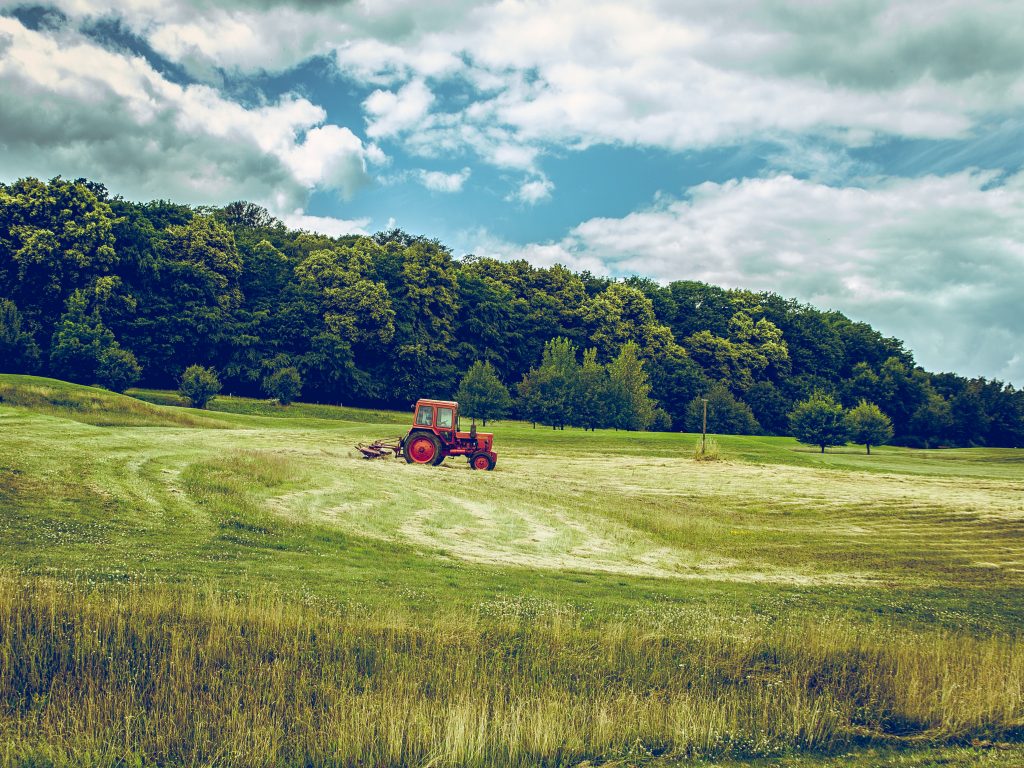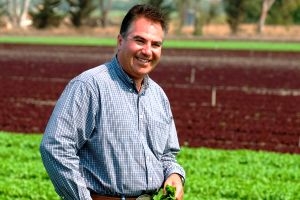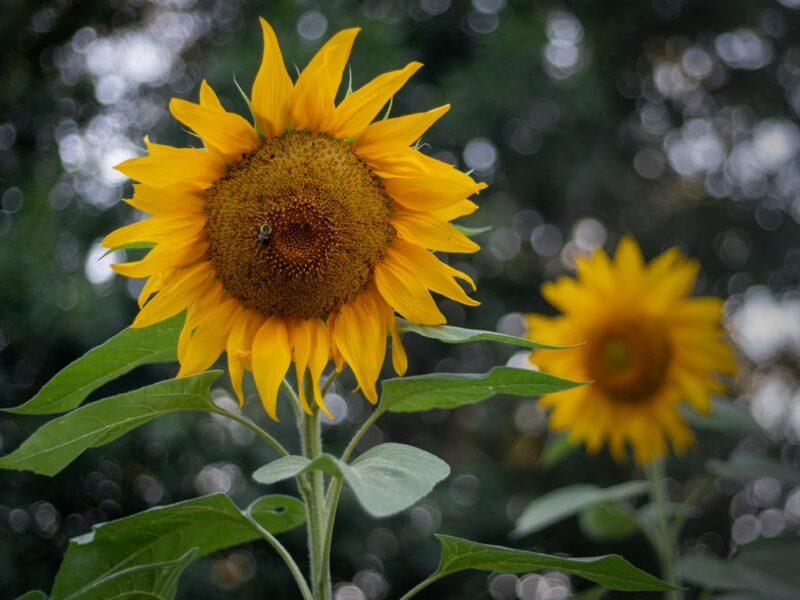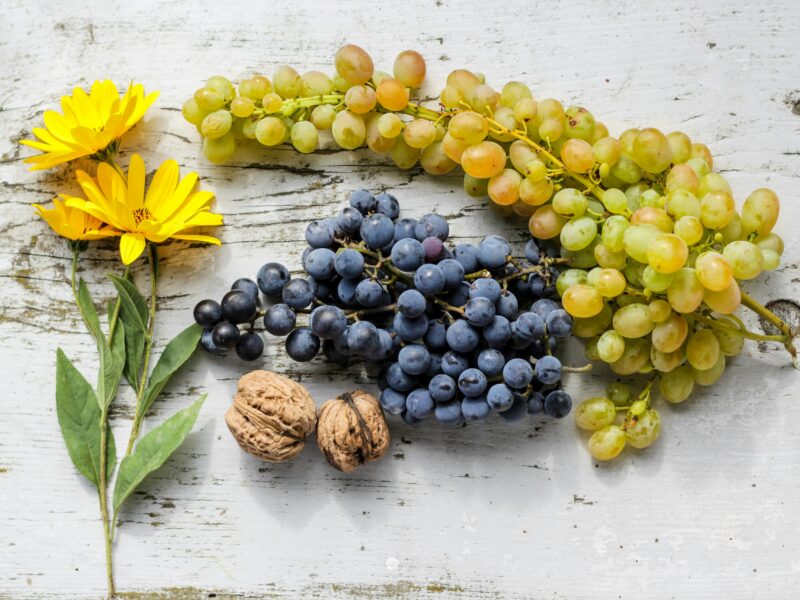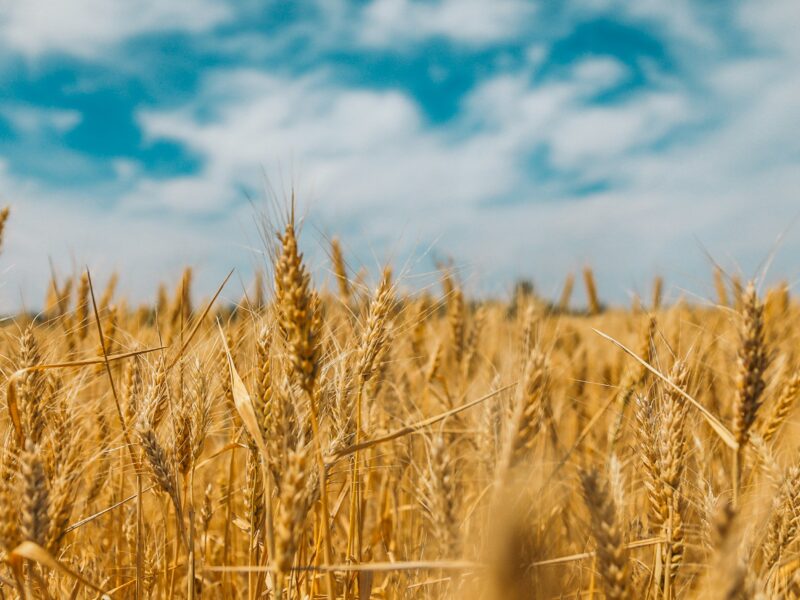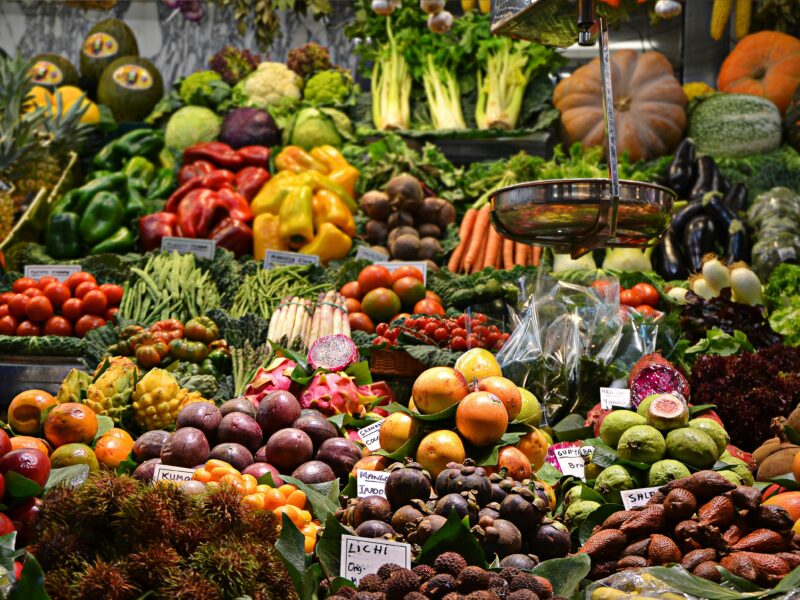Otto Kramm of Earthbound Farm in Salinas, California, started his farming career as a conventional grower who relied on toxic fertilizers and pesticides to raise his crops. “But it always puzzled me why, when at home our organic garden thrived, at work farming on a large scale meant I had to do battle against nature,” he recalls. “I knew the conventional system hadn’t been with us forever. All farmers used to farm organically way back when.”
So he jumped at the opportunity when Earthbound Farm asked him to grow organic produce. It felt like the right thing to do, he says, but at first it was scary. Conventional agriculture offered him a wide range of quick, cost-effective solutions to farming problems — potent pesticides, herbicides, fungicides and synthetic fertilizers — but organic farming required him to meet challenges like weed control, fertilization, and pest control in a way that respects the health and balance of the ecosystem.
“There are no ‘silver bullets,’” Otto explains. “You can’t just follow a sequence of prescribed chemical applications and call it a day. You’ve really got to be thinking, you’ve really got to know what you’re doing.” Now he thinks of organic farming as a cooperative working relationship with Mother Nature.
Otto illustrates his feelings with a story about his kids. “I knew I was on the right path with organic farming because it eased my mind about coming home to my family after a day’s work. When I was a conventional farmer, and my kids would run out to greet me when I got home, I’d have to push them away — I didn’t know what chemicals would still be on my pants. I might have walked in a field of broccoli that had just been sprayed with toxic pesticides. I was never sure what I was bringing home on my clothes.
“Now that I farm organically,” he says, “my kids can run up and give me a big hug when I get home. What feels better than that? I’m an organic farmer because I know that nothing’s more important than protecting my family and this planet we call home.”

